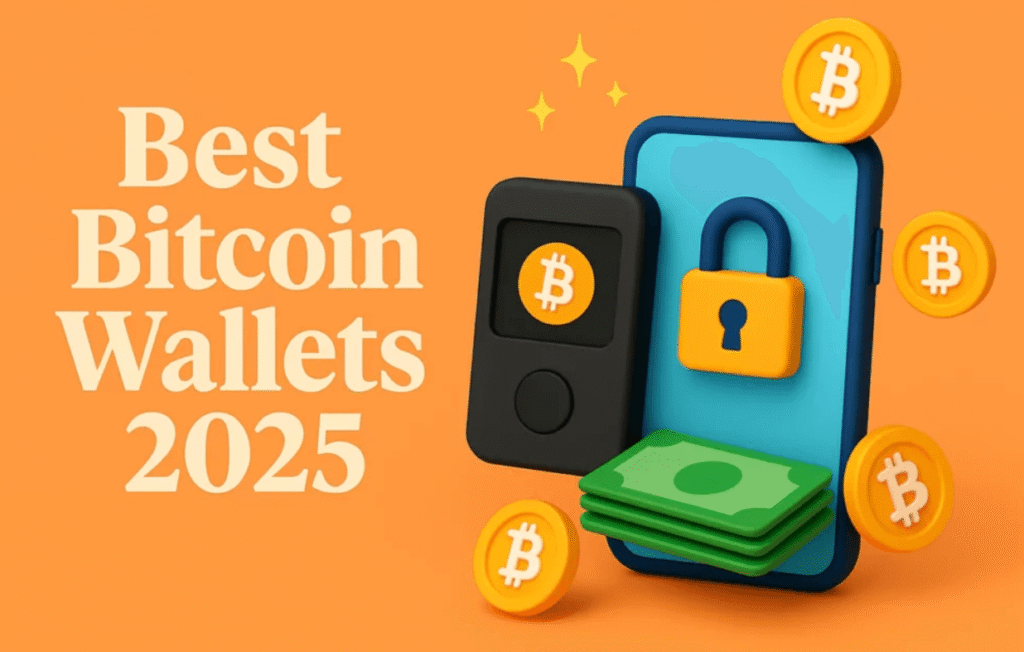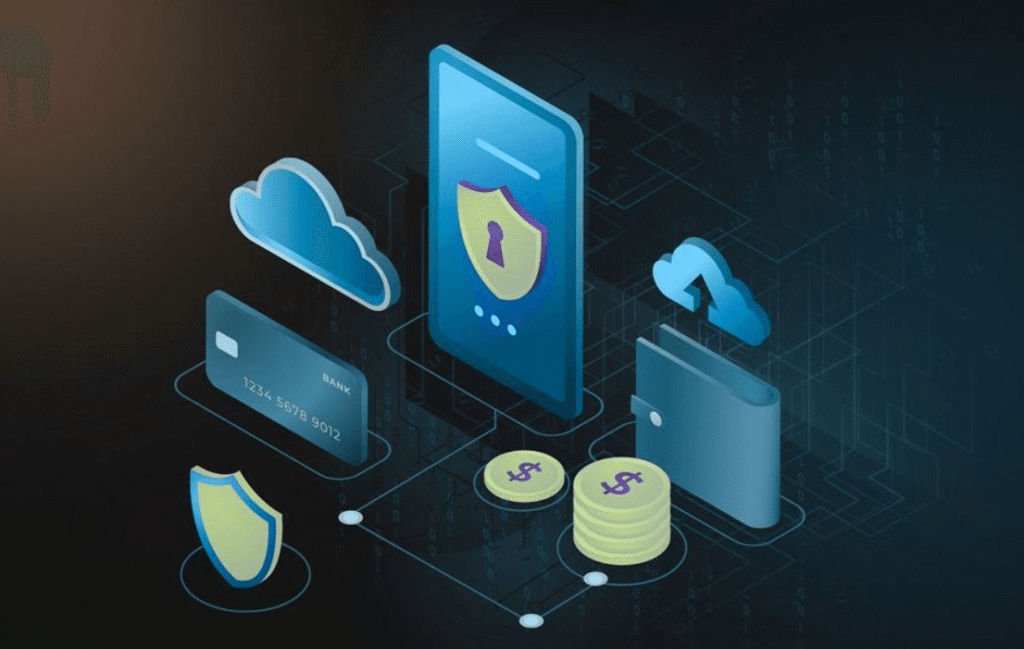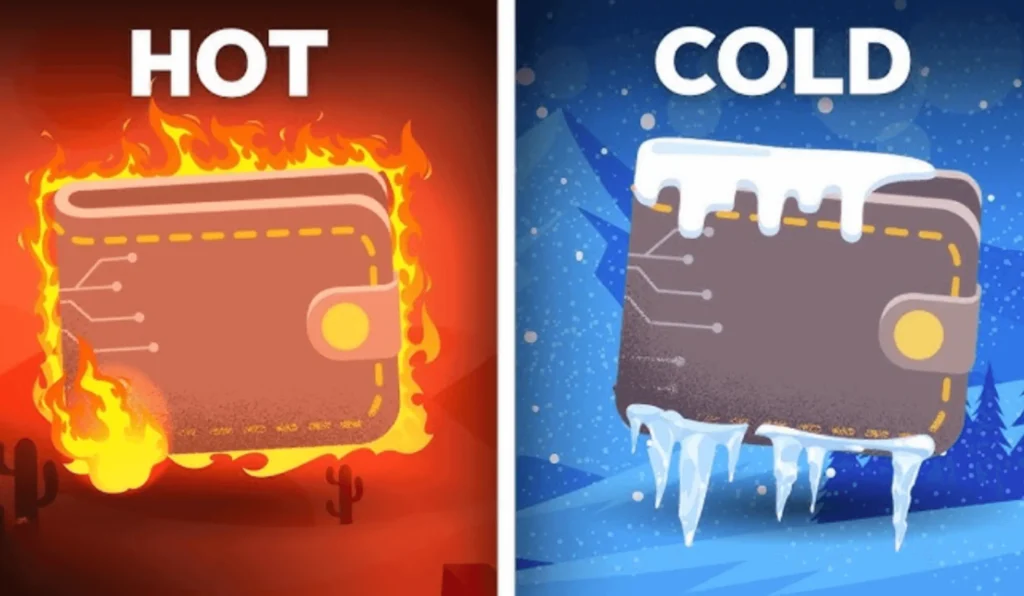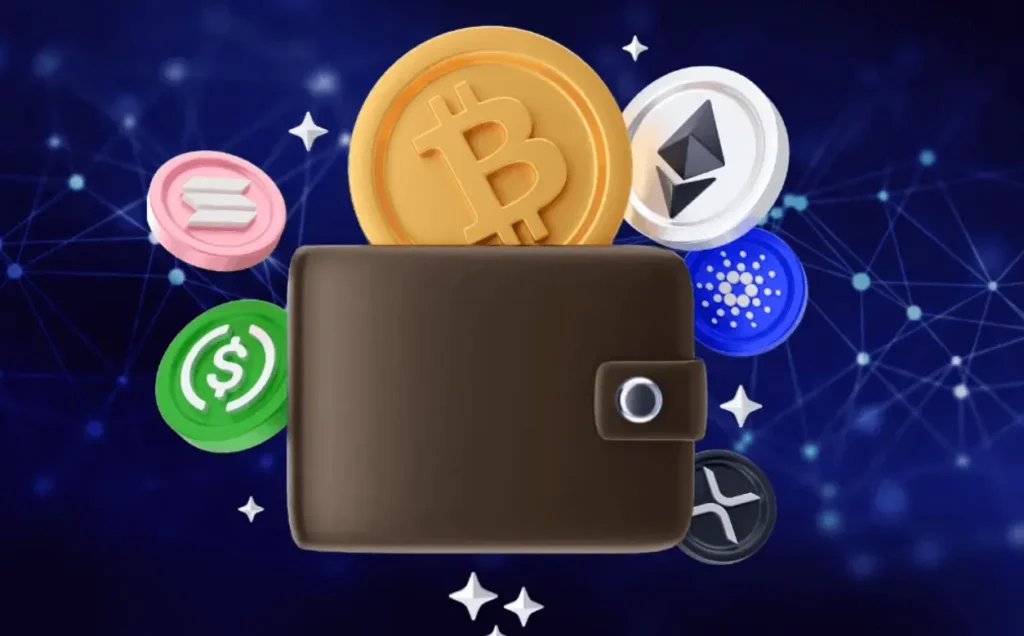Blockchain is no longer just the underlying technology behind cryptocurrencies like Bitcoin or Ethereum—it’s now an innovation powerhouse disrupting nearly every industry you can name. From finance and logistics to healthcare and entertainment, the decentralized, transparent, and secure nature of blockchain technology is rewriting business models and creating unprecedented efficiencies.
The reason blockchain is gaining such momentum lies in its ability to eliminate intermediaries, provide immutable record-keeping, and enforce trust in trustless environments. This is a tectonic shift from centralized systems that rely on siloed databases and gatekeepers. For users and enterprises alike, blockchain means faster, safer, and more inclusive processes. Let’s dive into the industries being reshaped by this digital transformation.
The Core Drivers of Blockchain Disruption Across Industries
The disruptive potential of blockchain comes from its foundational principles that solve real-world inefficiencies. Let’s look at the primary reasons it’s being adopted across sectors:
1. Decentralization of Control
- Traditional systems rely on central authorities—governments, banks, corporations. Blockchain redistributes that control to users.
- Example: In finance, users can now trade, borrow, or lend assets without intermediaries through Decentralized Finance (DeFi).
2. Immutability and Security
- Once data is recorded on the blockchain, it can’t be changed—making it ideal for record-keeping, contracts, and auditing.
- Sectors like healthcare and legal industries benefit greatly from tamper-proof records.
3. Smart Contracts Automation
- Smart contracts are self-executing programs with preset rules.
- They reduce costs, accelerate workflows, and eliminate manual processing in industries like real estate, insurance, and logistics.
4. Transparency and Traceability
- All participants in a blockchain network can access the same data in real time.
- This ensures accountability, reduces fraud, and enhances consumer trust, especially in sectors like supply chains and food safety.
📌 High CPC Tip: Keywords like “blockchain automation,” “DeFi lending,” “smart contracts insurance,” and “enterprise blockchain adoption” perform exceptionally well in AdSense-driven monetization.
H3: Top Industries Being Disrupted by Blockchain (Table Format)
| Industry | Blockchain Use Case | Key Benefit | Example Platforms |
| Finance | Decentralized lending & trading | Removes intermediaries, lowers fees | Uniswap, Compound, Ripple |
| Healthcare | Patient data sharing | Secure, interoperable records | Medicalchain, BurstIQ |
| Supply Chain | Product traceability | Transparency from source to shelf | IBM Food Trust, VeChain |
| Real Estate | Smart contract transactions | Instant settlements, less paperwork | Propy, RealT |
| Legal | Digital identity & smart contracts | Immutable agreements, identity proof | Kleros, Mattereum |
| Media & Gaming | NFT royalties, tokenized assets | Artist control, monetization | Audius, Axie Infinity |
| Government | Digital identity, voting systems | Transparent governance | Estonia e-Gov, ID2020 |
H4: Sector-by-Sector Breakdown: How Blockchain Is Reshaping Global Markets
Blockchain’s influence spans the globe and industries. Below is a deep dive into how this revolutionary technology is reshaping different sectors and solving long-standing problems.
1. Finance & Banking
- Traditional banks operate on legacy systems with slow settlements and high fees.
- Blockchain enables instant cross-border transfers, peer-to-peer lending, and automated trading.
- DeFi has created an open financial ecosystem where users earn interest, swap assets, and stake tokens without middlemen.
💡 Fact: As of 2025, DeFi markets manage over $100 billion in total locked value (TVL).
2. Healthcare
- Fragmented healthcare systems lead to duplicate records, data breaches, and manual inefficiencies.
- Blockchain gives patients full control over their health records.
- Pharmaceuticals can use blockchain to trace drug origin, preventing counterfeit medications.
3. Real Estate
- Property transactions are slow and involve multiple intermediaries.
- Blockchain enables smart contract-driven property sales, eliminating title fraud and drastically speeding up closings.
- Real estate tokenization allows people to buy fractional shares in property, democratizing investment access.
4. Entertainment & Digital Media
- Artists lose billions in untracked royalties.
- Blockchain allows direct monetization, transparent royalty payments, and intellectual property protection via NFTs (Non-Fungible Tokens).
- Platforms like Audius and Royal are helping musicians earn directly from fans.
🎧 Example: Kings of Leon released an album as an NFT, generating over $2 million in sales.
H5: The Role of Cryptocurrency in Blockchain Adoption
Cryptocurrency is the entry point to blockchain for most users. It fuels transactions, incentivizes miners or validators, and acts as a medium of exchange across decentralized platforms.
- Bitcoin (BTC): The original cryptocurrency. A store of value, often dubbed digital gold.
- Ethereum (ETH): Introduced smart contracts; the backbone of most DeFi and NFT projects.
- Stablecoins (USDC, USDT): Pegged to the dollar for stable value, ideal for remittances and everyday transactions.
- Utility Tokens (LINK, AAVE): Power specific functions within platforms like data feeds, lending, and governance.
🔐 Investor Insight: According to Chainalysis, over 300 million people globally are now using crypto, with adoption rates highest in developing economies due to financial inclusion benefits.
H6: Future Trends and Challenges of Blockchain Integration
While blockchain holds transformative power, challenges remain that slow mainstream adoption:
Key Challenges:
- Scalability Issues: Legacy blockchains like Ethereum face slow transaction speeds and high gas fees. However, Layer-2 solutions like Arbitrum and Optimism aim to solve this.
- Energy Consumption: Proof-of-Work models are energy-intensive. Newer blockchains use Proof-of-Stake (PoS) or Proof-of-Authority (PoA) to lower environmental impact.
- Regulatory Hurdles: Inconsistent global regulations deter enterprise adoption. Governments are slowly working on compliance frameworks.
- User Experience (UX): Wallets, keys, and interfaces are still complex for non-tech users. Better UX design is essential for broader usage.
🚀 Forward-Looking Insight: The shift to Web3, powered by blockchain and AI, could redefine how the internet itself functions—shifting from centralized control to user ownership and monetization.
FAQ: Why Is Blockchain Considered Disruptive?
FAQ 1: What makes blockchain more revolutionary than traditional technologies?
| Feature | Traditional Systems | Blockchain Systems |
| Control | Centralized | Decentralized |
| Data Modification | Possible with admin access | Immutable once verified |
| Transparency | Limited user visibility | Full ledger visibility |
| Security | Vulnerable to breaches | Cryptographically secured |
| Efficiency | Time-consuming, manual processes | Real-time automation via smart contracts |
| Cost of Transactions | High due to intermediaries | Reduced or negligible in DeFi |
Blockchain is considered disruptive because it removes middlemen, increases trust, automates logic, and reduces operational overhead across the board. It introduces a trustless model, where technology, not humans, enforces truth.
Final Thoughts
Blockchain technology is no longer a futuristic concept—it’s actively reshaping global industries and establishing new standards for digital transactions and trust. Its applications extend far beyond cryptocurrencies, affecting healthcare, real estate, media, logistics, and more.
The reason blockchain is so disruptive lies in its ability to democratize control, reduce fraud, increase speed, and eliminate unnecessary layers of bureaucracy. As scalability improves and regulations evolve, we can expect massive adoption across enterprise and public systems.
🔑 Takeaway: If your business or profession hasn’t yet felt the impact of blockchain, it soon will. Now is the time to learn, invest, and adapt before the technology becomes as commonplace as the internet itself.







